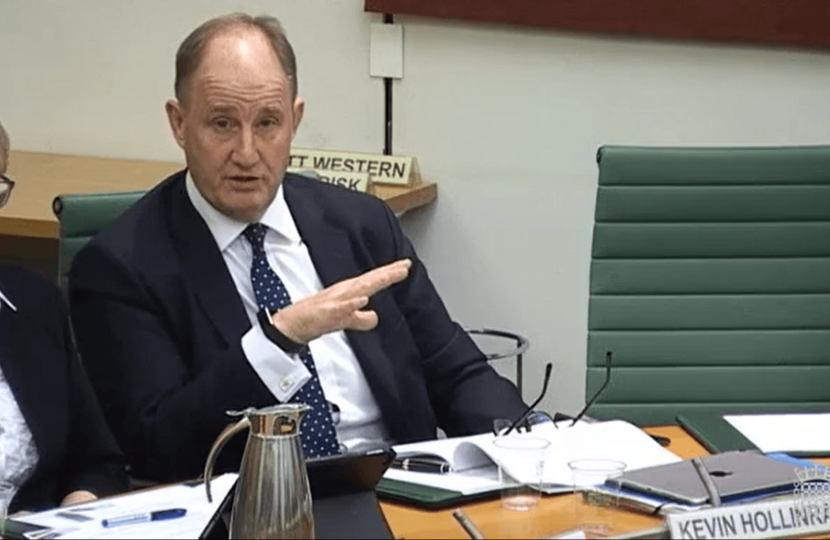
The current system for leaseholders is flawed leaving householders at risk of exploitation by developers, freeholders and managing agents and needs immediate reform. A report on this issue by the Housing, Communities and Local Government Select Committee upon which I serve has concluded that the balance of power in existing leases, legislation and public policy is too heavily weighted against residents.
The report states that key elements of the current leasehold system are open to abuse and without defined purpose. It says that ground rents have, in some cases, increased to a level leaving properties unsellable and non-mortgageable, while permission fees have been levied far beyond the reasonable cost of administration. My Committee called for legislation to establish when they can be used and how they should be calculated. It also said that other aspects, such as processes for invoicing service charges and renewing leasehold should be made simpler, demonstrate value for money and provide greater transparency to leaseholders.
Committee Chairman Clive Betts MP said “There are some practices that should stop outright. There is no reasonable case for a house to be sold as leasehold. Equally, financial incentives to use preferred solicitors raise serious questions of a conflict of interest. In other areas, such as ground rents, service charges and dispute mechanisms, the Government needs to tip the balance back towards leaseholders. They must set explicitly set out in legislation how ground rents and permission fees should operate in existing leases, provide transparency for leaseholders, and establish robust mechanisms for dispute resolution”.
There is no doubt that some developers have exploited an opportunity to make extra profits by abusing the leasehold system and the Government had already committed to clamping down on these abuses. There are, however, a number of other areas that need to be fixed including unfair service charges, reducing the costs of purchasing a freehold and making sure people who have been unfairly treated in the past are properly compensated.
The inquiry also considered evidence from Lindendale estate in Easingwold where residents are suffering high charges on private freehold estates. Referred to by some as ‘Fleecehold’, this is where the local authority gives consent for a development but then does not adopt the roads, lighting or water treatment systems, which are maintained instead by a private company. In the Lindendale case the company is called FirstPort who have a reputation for high charges and poor service. I am convening a meeting locally on this matter with residents, FirstPort and Hambleton District Council to see what can be done. I would be very happy to hear from any residents in Thirsk and Malton who are also experiencing similar difficulties.
On the wider issue, I look forward to the Government’s response on this and early action to put matters right.

